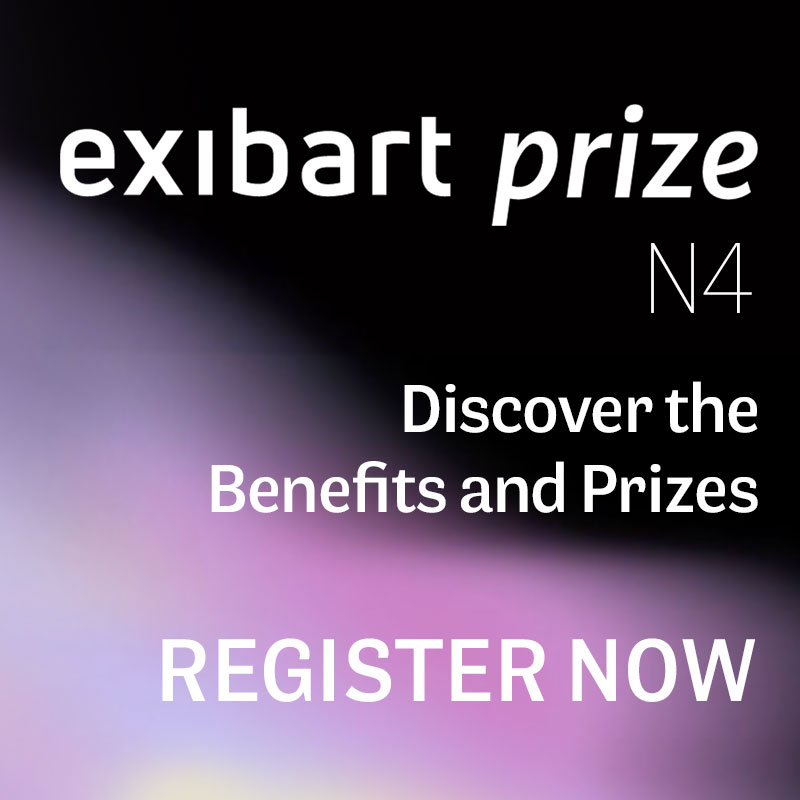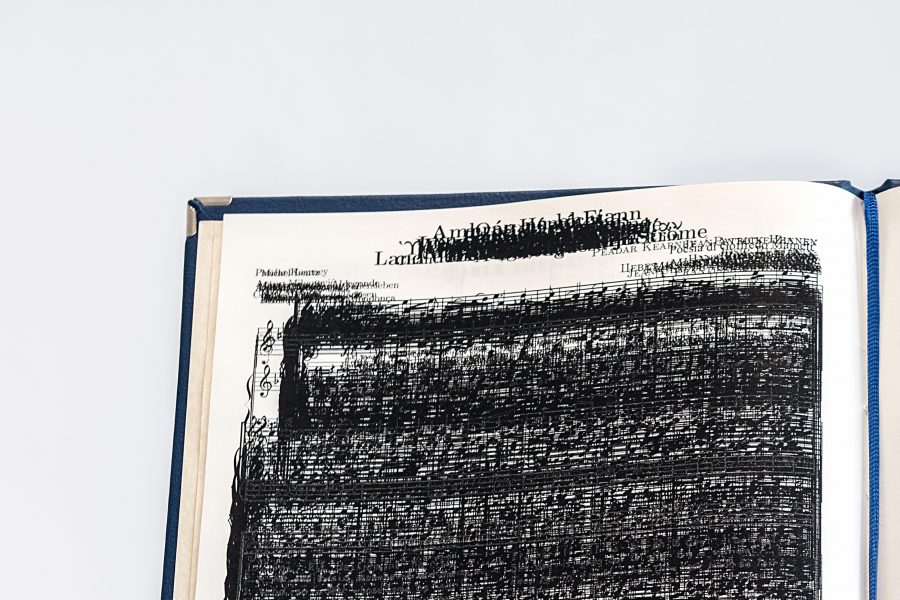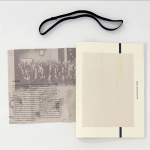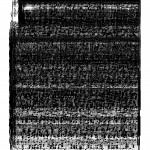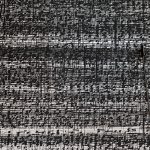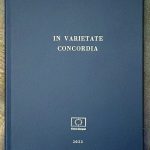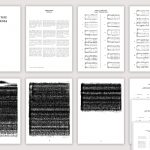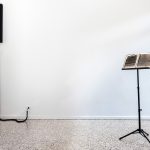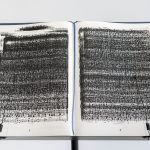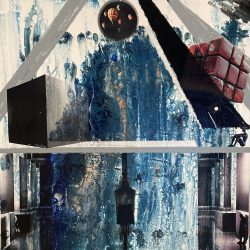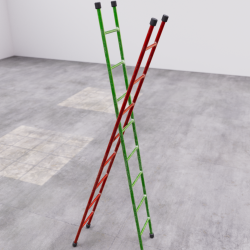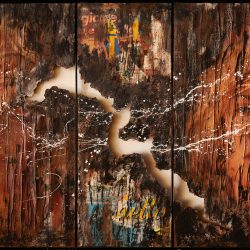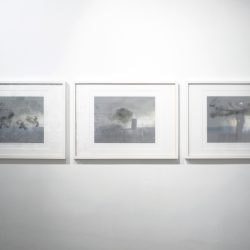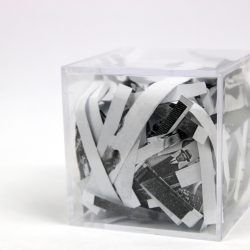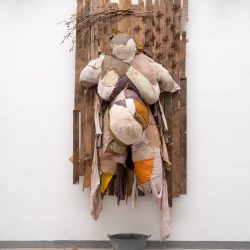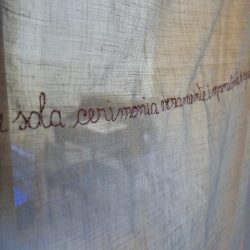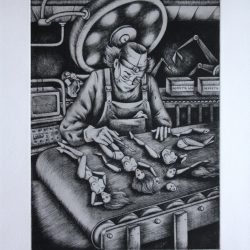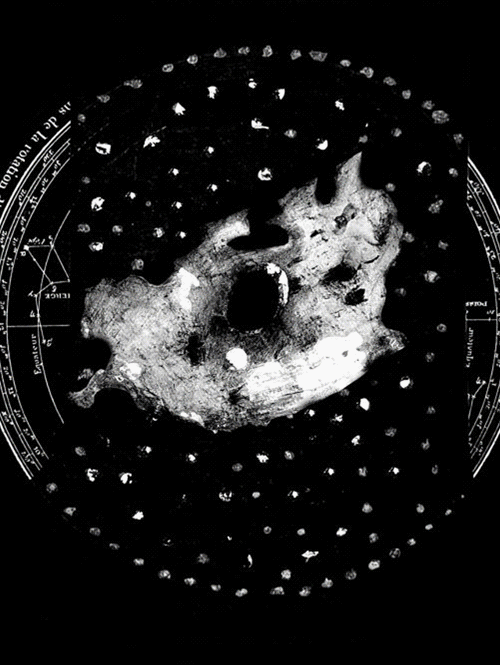work
In Varietate Concordia
| category | Other |
| subject | Political / Social |
| tags | |
| base | 50 cm |
| height | 145 cm |
| depth | 50 cm |
| year | 2022 |
Bound score: A4 digital printing and movable type,
on a music stand: 145 x 50 cm
sound bar + audio composition by Marco Caricola (12.20 min - loop): 86 x 5 x 5 cm
Like mottos and flags, national anthems are ideological and demagogic tools, capable of musically cementing a community and becoming a shared symbol of belonging. Legally regulated and defended by law, the anthem is the translation of the “modern state” project into music and poetry. National anthems have a status different from that of any other melody. They must be played with solemnity and without interferences; alone or, eventually, before a foreign hymn in sign of peace and alliance. In contradiction with this practice, "In Varietate Concordia" challenges the joint reading of the scores of the anthems of the European Union's member states to look at the conflictual relationship between the cultural geographies they express and the transnational dynamics of our present. The Latin phrase giving the work its title coincides with the official motto of the Union which, chosen to emphasise the multiculturalism that characterises the EU project, is duly contradicted by the political asynchrony of the different states.
on a music stand: 145 x 50 cm
sound bar + audio composition by Marco Caricola (12.20 min - loop): 86 x 5 x 5 cm
Like mottos and flags, national anthems are ideological and demagogic tools, capable of musically cementing a community and becoming a shared symbol of belonging. Legally regulated and defended by law, the anthem is the translation of the “modern state” project into music and poetry. National anthems have a status different from that of any other melody. They must be played with solemnity and without interferences; alone or, eventually, before a foreign hymn in sign of peace and alliance. In contradiction with this practice, "In Varietate Concordia" challenges the joint reading of the scores of the anthems of the European Union's member states to look at the conflictual relationship between the cultural geographies they express and the transnational dynamics of our present. The Latin phrase giving the work its title coincides with the official motto of the Union which, chosen to emphasise the multiculturalism that characterises the EU project, is duly contradicted by the political asynchrony of the different states.

